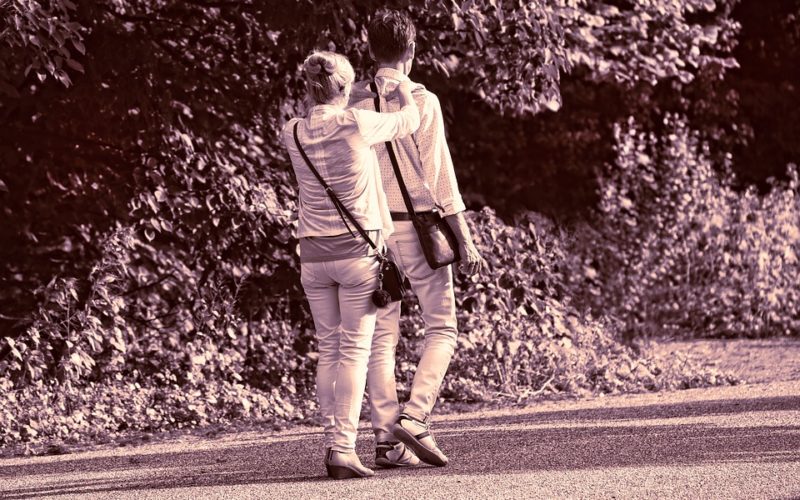Destined To End
Relationships form a crucial part of our lives, offering companionship, love, and mutual support. But not all relationships are destined to last forever, and recognising when things might be coming to an end can be difficult. It’s an emotional process, and knowing how to identify the signs can help you make informed decisions about whether to stay or move on.
Below, we explore some of the key indicators that your relationship may be heading towards its conclusion and provide insights on how to approach this challenging time.
Communication breakdowns become the norm
Healthy relationships rely heavily on open and honest communication. When communication starts breaking down consistently, it may signal deeper problems. If conversations are frequently met with silence, dismissiveness, or defensiveness, it becomes challenging to resolve conflicts or understand each other’s needs.
This is especially concerning if attempts at discussing feelings or concerns lead to arguments or avoidance. A lack of communication can create a sense of distance, making it harder to connect emotionally.
Loss of emotional intimacy
While physical intimacy is important in relationships, emotional intimacy often plays an even more critical role. Emotional intimacy means sharing your thoughts, fears, dreams, and vulnerabilities with a partner. If this connection begins to fade, you may feel more like housemates or acquaintances rather than romantic partners.
This disconnection can sometimes be subtle. You might notice a lack of interest in each other’s day or a hesitation to share personal thoughts. Over time, this can erode the bond that once held the relationship together.
Frequent feelings of resentment or frustration
Every partnership has its ups and downs, but frequent feelings of resentment or frustration are red flags. These emotions might stem from unmet expectations, unresolved conflicts, or perceived imbalances in effort or commitment.
For instance, you might feel unsupported in your personal or professional goals, or you may perceive a lack of appreciation or understanding from your partner. When resentment builds, it can lead to passive-aggressive behaviours or a reluctance to invest emotionally in the relationship.
Spending less quality time together
Quality time is vital for maintaining relationships, as it strengthens emotional bonds and builds shared experiences. If you notice a significant decline in time spent together—whether due to one or both partners avoiding shared activities or prioritising other aspects of life—it may indicate trouble.
While it’s normal for routines to shift over time, continuously avoiding spending meaningful time together suggests a lack of interest in maintaining the connection. This can be particularly telling if one partner makes an effort, but the other consistently disengages.
Growing differences in life goals or values
Couples don't need to agree on everything, but shared values and compatible life goals often serve as the foundation of long-term relationships. If you and your partner increasingly diverge on major issues—be it financial priorities, family planning, or career aspirations—it can create conflicts that are difficult to resolve.
You might also feel as though you’re outgrowing each other in terms of personal development or perspectives. These growing differences can make it hard to see how your lives might align in the future.
Gut feelings and instinctual doubts
Sometimes, the signs of a relationship’s decline are less about tangible behaviours and more about how you feel deep down. If you find yourself feeling uneasy, sad, or trapped without a clear reason, it might be worth paying closer attention to your instincts.
It’s natural to have occasional doubts, but if these become pervasive and linger over time, they could be indicators of deeper dissatisfaction. Your instincts can often pick up on subtle signals that your conscious mind struggles to categorise.
What to do if you sense your relationship is ending
Recognising that a relationship might be ending is never easy, but clarity can be a relief. If you suspect things are coming to a close, start by having an open and honest conversation with your partner. Addressing concerns together can help clarify whether the relationship can be saved or if it’s time to part ways.
Consider seeking support from a trusted friend, family member, or professional counsellor. Having an outside perspective can provide crucial guidance and help you process your emotions. Ultimately, trust your judgment and prioritise what’s best for your mental and emotional wellbeing.
Ending a relationship is a tough but sometimes necessary step towards growth and happiness. While it can feel overwhelming, it’s important to remember that every ending opens the door to new beginnings. Recognising the signs and taking proactive steps will pave the way for a healthier and more fulfilling chapter ahead.






















